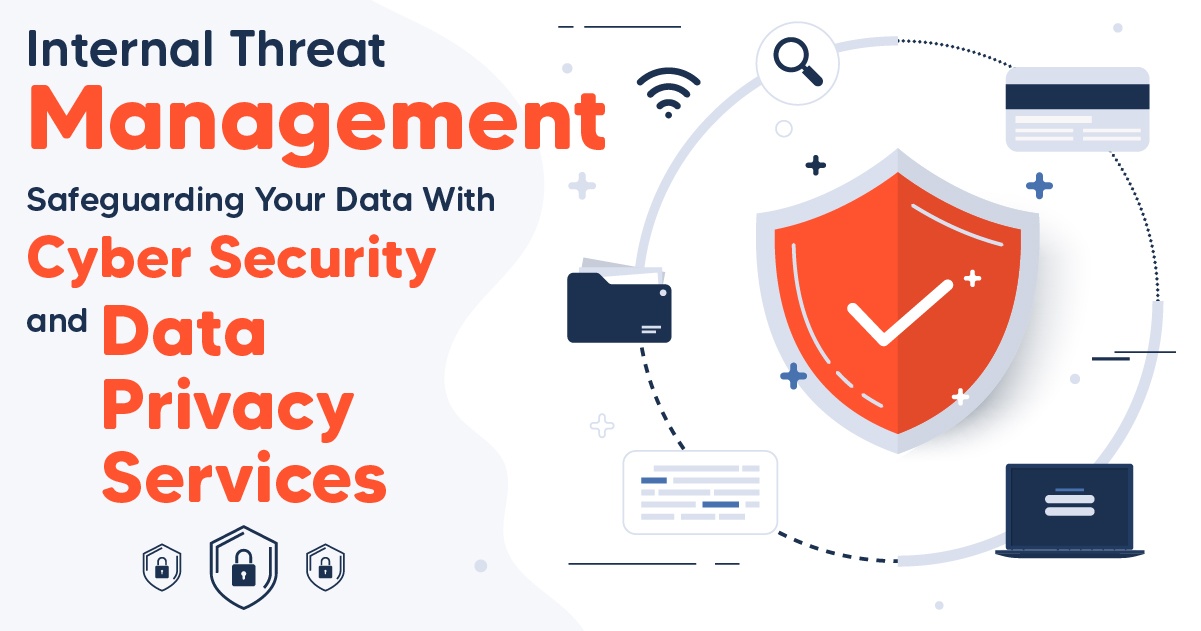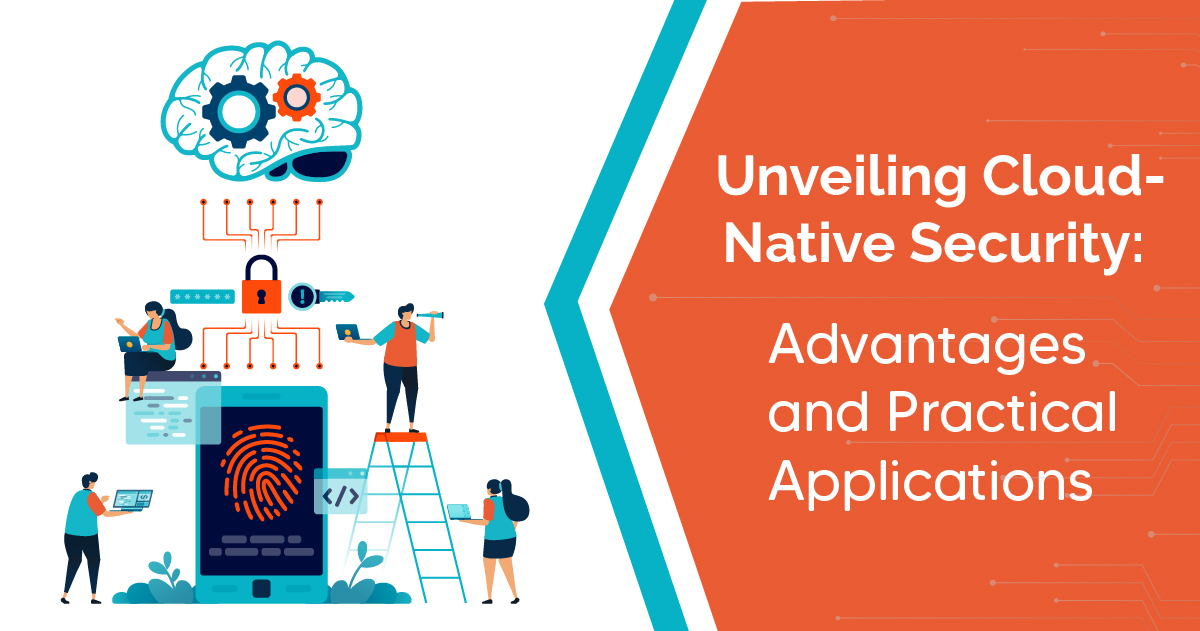As technology advances rapidly, businesses of all sizes are becoming more reliant on computer networks to store, share, and communicate information. While networks can improve productivity and efficiency, they also present a significant risk to sensitive data and intellectual property.
Cyberattacks are becoming increasingly sophisticated and common, and organizations must implement robust network security measures to protect against them. This article will explore the best practices for securing your organization’s network.
Biggest Network Security Risks & Threats in India
As the world becomes increasingly digital, the risk of cyberattacks on computer networks grows exponentially. With its rapidly expanding economy and increasing dependence on technology, India is particularly vulnerable to cyber threats. Below are the biggest computer and network security in India.
- Malware and Ransomware Malware and ransomware are types of malicious software that can infect computer networks and cause damage or disrupt operations.
- Phishing Attacks Phishing attacks involve sending fraudulent emails that appear to be from a legitimate source, such as a bank or government agency.
- Insider Threats Insider threats refer to employees or contractors who intentionally or accidentally compromise network security. It can include stealing sensitive data, introducing malware, or using unauthorized devices.
- Distributed Denial of Service (DDoS) attacks involve overwhelming a network with traffic to the point of failure. It can disrupt operations and cause significant damage to a business.
- Unsecured Devices Unsecured devices, such as smartphones or laptops, can provide a gateway for cybercriminals to access a network. It is particularly concerning with the rise of remote work and personal devices for business purposes.
- Social Engineering Attacks Social engineering attacks involve manipulating individuals into divulging sensitive information or performing actions compromising network security. It can include impersonating a trusted individual or using psychological manipulation tactics.
- Outdated Software and Hardware Outdated software and hardware can contain vulnerabilities that cybercriminals can exploit to gain access to a network. It can include outdated operating systems, applications, and hardware devices.
- Cloud Computing Security Cloud computing has become increasingly popular in India but presents new security risks. It can include data breaches, unauthorized access, and data loss.
- Lack of Network Segmentation Network segmentation divides a network into smaller, isolated sections. A lack of network segmentation can make it easier for cybercriminals to access sensitive data or disrupt operations.
- Third-Party Security Risks Third-party vendors or contractors can introduce security risks if granted network access. It can include poor security practices, outdated software, or malicious intent.
To mitigate these risks and threats, network security services in India need to implement strong network security measures. It is also important to work with reputable vendors and service providers with robust security protocols. By taking a proactive approach to network security, businesses in India can protect their sensitive data and maintain operations in the face of ever-evolving cyber threats.
Best practices for securing your organization’s network
In today’s digital age, organizations increasingly rely on computer networks for communication, data storage, and business operations. However, with this reliance comes the need for robust network security measures to protect against cyber threats. Below are the best practices for securing your organization’s network through computer and network security in India.
- Conduct Regular Security Assessments Regular security assessments are an essential first step in securing your organization’s network. These assessments can identify vulnerabilities and weaknesses in your network, allowing you to address them before cybercriminals exploit them.
- Implement Access Controls Access controls are essential to network security, as they ensure that only authorized users can access sensitive data or systems. It can include password policies, two-factor authentication, and limiting user privileges based on job roles.
- Use Strong Encryption Encryption to convert data into an unreadable format to protect it from unauthorized access. Strong encryption can protect sensitive data, such as financial or personal data, from cyber criminals.
- Keep Software and Hardware Up-to-Date Outdated software and hardware can contain vulnerabilities that cybercriminals can exploit to access your network. Keeping all software and hardware up-to-date with the latest security patches and updates is essential.
- Implement Network Segmentation Network segmentation involves dividing a network into smaller, isolated sections to limit the impact of a potential breach.
- Train Employees on Cybersecurity Best Practices Employees can be a significant security risk if they are not properly trained on cybersecurity best practices.
- Have a Disaster Recovery Plan in Place Despite your best efforts, and a security breach can still occur. Having a disaster recovery plan in place can help minimize the impact of a breach and ensure that your organization can quickly recover.
By implementing these best practices, your organization can significantly reduce the risk of a security breach and protect sensitive data and operations. However, it is important to remember that cybersecurity is an ongoing process, and regular updates and assessments are essential to staying ahead of ever-evolving threats.
Secure your organization’s network by maintaining data security and privacy.
In today’s interconnected world, securing your organization’s network and ensuring data security and privacy has become increasingly crucial. Below are the best practices to maintain data security and privacy to secure your organization’s network.
- Establish and Enforce Strong Password Policies Passwords are the first defense against unauthorized access to your organization’s network. Establishing and enforcing strong password policies that require complex passwords and regular password changes is essential.
- Regularly Backup Data Regularly backing up your organization’s data is essential to ensure that critical data can be recovered in case of a data breach, natural disaster, or another unforeseen event.
- Monitor Network Activity Monitoring network activity can help identify and mitigate security risks before they escalate. Consider implementing intrusion detection and prevention systems to monitor network traffic for suspicious activity and network access control systems to control access to sensitive data and systems.
- Use Encryption to Protect Data Encryption is vital for protecting sensitive data from unauthorized access. Implement encryption technologies to protect data in transit and at rest, including SSL/TLS encryption for website traffic and strong encryption algorithms for data storage.
- Implement a Firewall A firewall is a network security device that monitors and controls the incoming and outgoing network traffic based on predetermined security rules.
- Educate Employees on Cybersecurity Best Practices Employees can unintentionally become a significant security risk if they are not adequately trained on cybersecurity best practices.
- Conduct Regular Security Audits Regular security audits can identify vulnerabilities and weaknesses in your organization’s network and security systems, allowing you to address them before cybercriminals exploit them.
- Comply with Relevant Regulations and Standards It is essential to comply with relevant regulations and standards, such as the General Data Protection Regulation (GDPR) and the Payment Card Industry Data Security Standard (PCI DSS).
So, to maintain data security and privacy is essential to securing your organization’s network. By following these best practices, you can significantly reduce the risk of a security breach and protect sensitive data and operations.
Why choose Megamax?
Megamax is one of the best computer and network security in India that offers comprehensive security solutions to organizations of all sizes. Their expertise in the field of cybersecurity and their commitment to providing customized solutions to meet each client’s specific needs make them an ideal choice for organizations looking to secure their network.
Conclusion
Your organization can significantly reduce the risk of a security breach and protect sensitive data and operations. By partnering with Megamax, one of the best network security services in India you can be confident that your organization’s network is secure and protected against cyber threats.




